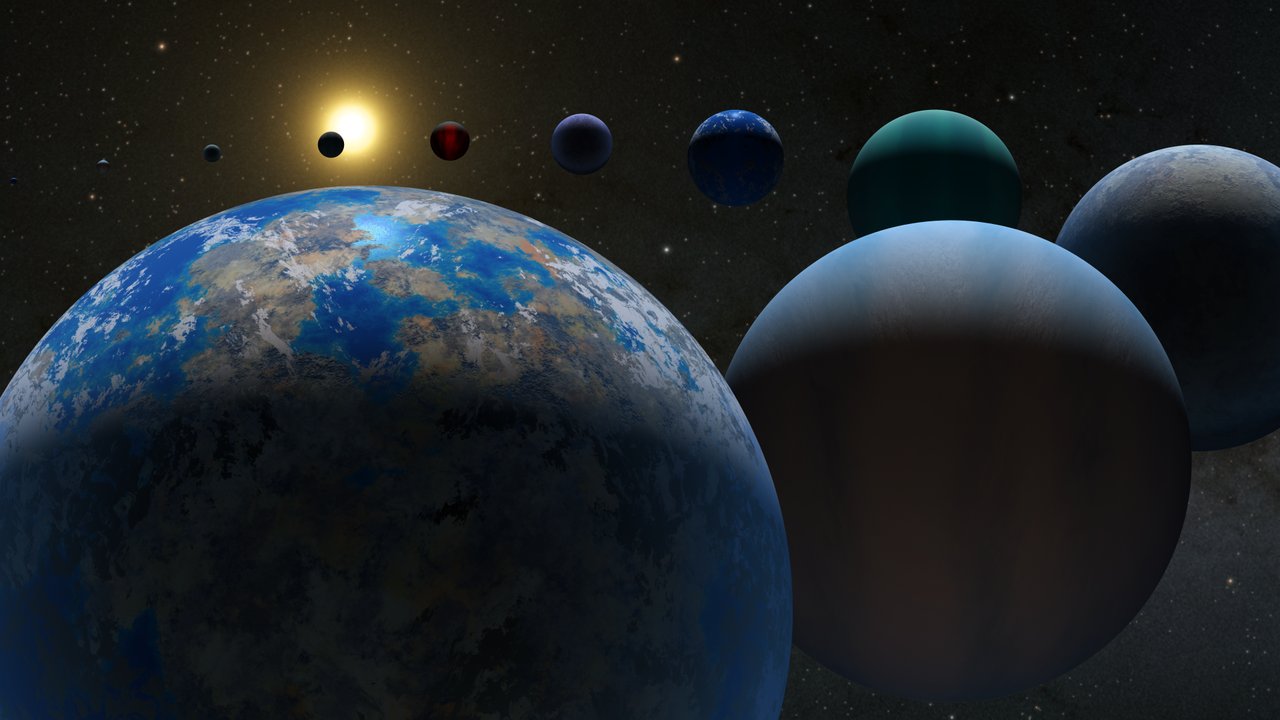Science News Roundup: Scientists identify polar cyclone swirling on mysterious Uranus; Virgin Galactic makes key spaceflight test before starting commercial service and more
Data obtained by Juno is providing fresh information on how the lightning processes on Jupiter are similar to those on Earth despite the dramatic differences between the two planets, according to scientists. South Korea says homegrown space rocket put satellites into orbit South Korea's domestically made space rocket delivered a commercial-grade satellite into orbit for the first time on Thursday, the country's science minister said, a breakthrough in its ambitions to compete in a space race with its Asian neighbours.

Following is a summary of current science news briefs.
Elon Musk's Neuralink wins FDA approval for human study of brain implants
Elon Musk's Neuralink received U.S. Food and Drug Administration (FDA) clearance for its first-in-human clinical trial, a critical milestone for the brain-implant startup as it faces U.S. probes over its handling of animal experiments. The FDA approval "represents an important first step that will one day allow our technology to help many people," Neuralink said in a tweet on Thursday, without disclosing details of the planned study. It added it is not recruiting for the trial yet and said more details would be available soon.
NASA spacecraft documents how Jupiter's lightning resembles Earth's
Hidden below the brownish ammonia clouds blanketing Jupiter are clouds that like on Earth are made of water. And like on Earth, lightning often is generated within these clouds - an eerie sight spotted by various spacecraft that have visited our solar system's largest planet, including NASA's Juno probe. Data obtained by Juno is providing fresh information on how the lightning processes on Jupiter are similar to those on Earth despite the dramatic differences between the two planets, according to scientists.
South Korea says homegrown space rocket put satellites into orbit
South Korea's domestically made space rocket delivered a commercial grade satellite into orbit for the first time on Thursday, the country's science minister said, a breakthrough in its ambitions to compete in a space race with its Asian neighbours. The Nuri rocket lifted off from Naro Space Center on the southern coast of South Korea at 6:24 p.m. (0924 GMT) in its third flight after technical glitches caused the launch to be cancelled a day earlier.
Japan startup's failed moon landing caused by altitude miscalculation, company says
Japanese startup ispace inc's failed Hakuto-R moon landing mission last month was caused by an altitude miscalculation that meant the spacecraft ran out of fuel, the company said on Friday. Tokyo-based ispace lost connection with the Hakuto-R Mission 1 lander after the spacecraft attempted what would have been the world's first commercial soft-landing on the moon's surface.
Scientists identify polar cyclone swirling on mysterious Uranus
It is a world wrapped in mystery - the seventh planet from the sun, Uranus, seen up close just once nearly four decades ago by a passing NASA probe and still warily guarding its secrets. But new observations from a telescope located in New Mexico are providing a fuller understanding of its atmosphere, including the detection of a polar cyclone whose center measures a quarter of Earth's diameter, swirling near its north pole.
Dubai camel cloning caters to races, beauty pageants
Having led the world's first cloning of camels in 2009, Nisar Wani is now replicating a few dozen a year at a Dubai lab - a big business in the Gulf region where camels are cherished and can earn huge sums in beauty and racing contests. "We collect these eggs from the ovaries of slaughtered animals. We have to mature them in the lab for 24 hours before they reach the stage where we can use them for the cloning process," Wani said.
Virgin Galactic makes key spaceflight test before starting commercial service
A spaceplane from Virgin Galactic reached the edge of space on Thursday carrying a crew of six, making its first spaceflight test in nearly two years as the space tourism firm founded by Richard Branson prepares its long-awaited commercial service. The company's VSS Unity spaceplane dropped from its twin-fuselage carrier aircraft around 12:24 p.m. EDT (1624 GMT) over the desert of New Mexico and blasted off to the edge of space seconds later at roughly three times the speed of sound.
(With inputs from agencies.)










